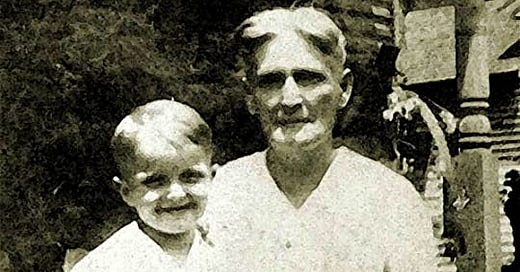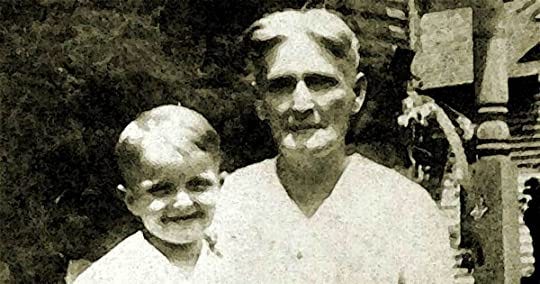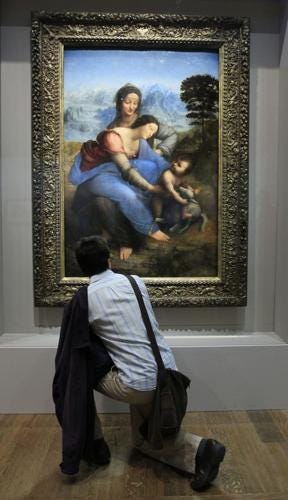Pathos (the effect of your work on readers — emotions such as poignancy), Ethos (the ability of the writer to convincingly draw you into the story — the writer’s voice and approach to the material), Logos (the texture of the writing, description, reasoning), and Humor…and cut, cut, cut. Always keep it as concise as possible, particularly dialogue. (But beware not to cut out your most amazing stuff…which may also be your riskiest writing.)
Remember to always have a hook — a strong start — and a pay-off for the reader. And deliver what the reader is looking for in scene after scene.
Read great writers, like Michael Chabon and Truman Capote, to study how they handle a story. Then flip through a book that is not crafted as tightly (let’s not name names, but there are plenty) and see if you can discern for yourself what makes it less good.
The process is like walking into the Louvre, or touring virtually, and asking yourself what sets this caliber of art apart from the art of an ordinary local gallery. Can you see the difference? Specifically, what makes a given painting great? Make side by side comparisons.
Great Endings
Carefully note how masters end their works fiction. They almost always pan or zoom out to deliver a memorable ending. Either “go macro” or honing in on something very specific to demonstrate a universal idea.
Here is a kick-ass example of this how it’s done is the ending of “A Christmas Memory” by Truman Capote:
…news some secret vein had already received, severing from me an irreplaceable part of myself, letting it loose like a kite on a broken string. That is why, walking across a school campus on this particular December morning, I keep searching the sky. As if I expected to see, rather like hearts, a lost pair of kites hurrying toward heaven.
In sum, great writing, as with great art, speaks for itself (as with DaVinci’s painting below).
I’d love to hear your own observations about what constitutes great writing and how to achieve it. Happy writing!
To write, ‘Read, read, read' and other great tips
‘Don’t tell me the moon is shining; show me the glint of light on broken glass.’






